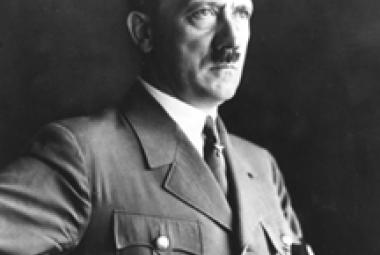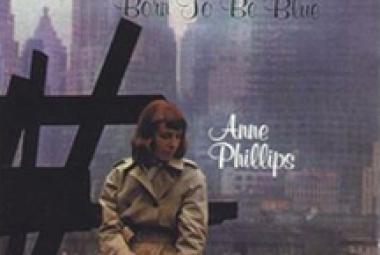Fairport Convention are an English folk rock and electric folk band. Formed in 1967, they are widely regarded as the most important group in the English folk rock movement. Their seminal album Liege & Lief is considered to have launched the electric folk or English folk rock movement, which provided a distinctively English identity to rock music and helped awaken much wider interest in traditional music in general. The large number of personnel who have been part of the band are among the most highly regarded and influential musicians of their era and have gone on to participate in a large number of significant bands, or enjoyed important solo careers. (More from Wikipedia)
After releasing their album, The Cheerful Insanity of Giles, Giles and Fripp in 1968, Giles, Giles and Fripp added Ian McDonald – who played saxophone, clarinet and flute – and vocalist Judy Dyble, the original lead singer of the legendary British folk-rock band Fairport Convention. After Peter Giles left the band, Michael Giles, Ian McDonald and Robert Fripp formed the original line-up of King Crimson with vocalist Greg Lake and lyricist Peter Sinfield. Peter Giles later returned as a bass guitarist on the band’s second album in 1970, In the Wake of Poseidon; though both of the Giles Brothers left the fold by the time of King Crimson’s third album, Lizard.
Paul Martin notes that about half of the songs are geared mostly to the vocals, with the second and third songs, “The Grail” and “Sad Song for Winter” being particular favorites of mine. Lisa Bankoff handles solo vocals on the latter song. On the other songs, the band is highlighted more strongly, with the closing song “Peru” sounding especially good to these ears. Of these songs, Martin says: “The band dominated numbers can best be described as Fairport Convention meets Little Feat as they have a blend of blues-funk and folk rock in them.”
(November 2013)
Sandy Denny was invited to join the Strawbs, and they recorded an album together in 1967 that was ultimately released in 1972 as All Our Own Work, under the name Sandy Denny and the Strawbs.
The album includes an early version of one of Sandy Denny’s best-known songs, “Who Knows Where the Time Goes”; Denny later recorded “Who Knows Where the Time Goes” with Fairport Convention when she became their lead singer in mid-1968. Judy Collins heard a demo of the song and decided to include it as the title song of one of her best albums, Who Knows Where the Time Goes. “Who Knows Where the Time Goes” was also released by Collins as the B-side of her #8 hit single, “Both Sides Now” (written by Joni Mitchell). I remember raising eyebrows with a friend ages ago; she seemed surprised that I was familiar with “Who Knows Where the Time Goes”, and honestly, at that time I might only have seen the Judy Collins album rather than actually having heard the song.
(July 2014)
* * *
After their marriage, Mimi and Richard Fariña began performing as a folk-rock duo that were much closer to the folk end of things than, say, the Byrds. Their first album was Celebrations for a Grey Day (1965). Their best known songs are “Pack up Your Sorrows”, “Reno, Nevada”, and “Birmingham Sunday”. “Reno, Nevada” was one of the early songs performed by Fairport Convention (dating back to the time when Judy Dyble was the band’s lead singer). As recorded by Joan Baez, “Birmingham Sunday” became the theme song for the Spike Lee documentary film 4 Little Girls (1997) about the infamous 1963 church bombing that killed four young children.
(March 2015)















